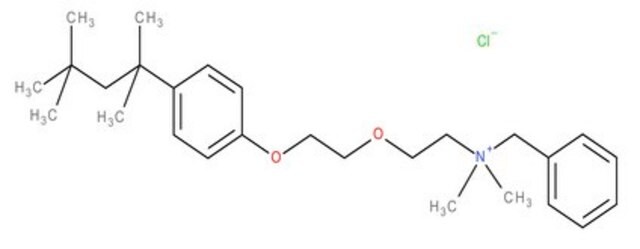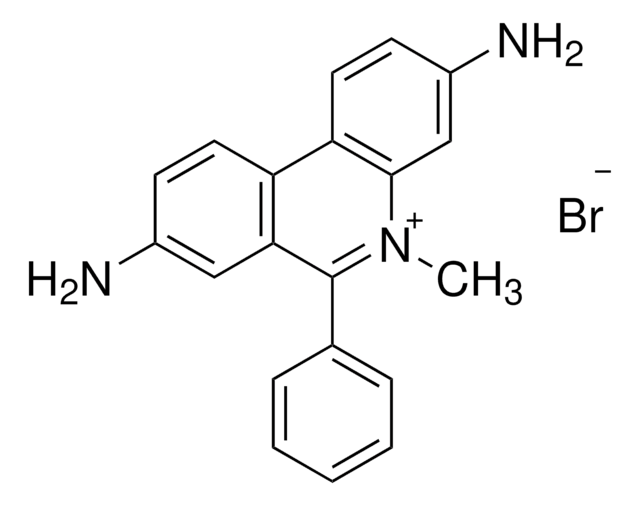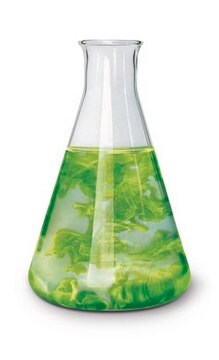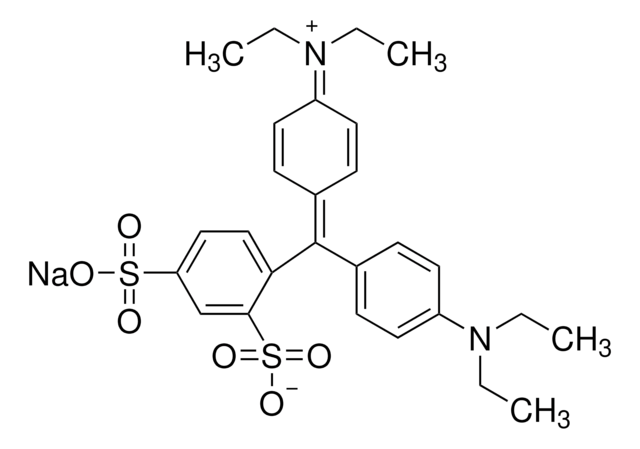B8879
Benzethonium chloride
≥97% (titration), ≥98% (HPLC)
Synonym(s):
(Diisobutylphenoxyethoxyethyl)dimethylbenzylammonium chloride, Phemerol chloride
About This Item
Recommended Products
description
cationic
Quality Level
Assay
≥97% (titration)
≥98% (HPLC)
form
powder
mol wt
448.08 g/mol
mp
162-164 °C (lit.)
solubility
H2O: 100 mg/mL, clear, colorless
application(s)
microbiology
SMILES string
[Cl-].CC(C)(C)CC(C)(C)c1ccc(OCCOCC[N+](C)(C)Cc2ccccc2)cc1
InChI
1S/C27H42NO2.ClH/c1-26(2,3)22-27(4,5)24-13-15-25(16-14-24)30-20-19-29-18-17-28(6,7)21-23-11-9-8-10-12-23;/h8-16H,17-22H2,1-7H3;1H/q+1;/p-1
InChI key
UREZNYTWGJKWBI-UHFFFAOYSA-M
Looking for similar products? Visit Product Comparison Guide
General description
Application
Disclaimer
Signal Word
Danger
Hazard Statements
Precautionary Statements
Hazard Classifications
Acute Tox. 3 Oral - Aquatic Acute 1 - Aquatic Chronic 1 - Eye Dam. 1 - Skin Corr. 1B
Storage Class Code
6.1A - Combustible acute toxic Cat. 1 and 2 / very toxic hazardous materials
WGK
WGK 2
Personal Protective Equipment
Certificates of Analysis (COA)
Search for Certificates of Analysis (COA) by entering the products Lot/Batch Number. Lot and Batch Numbers can be found on a product’s label following the words ‘Lot’ or ‘Batch’.
Already Own This Product?
Find documentation for the products that you have recently purchased in the Document Library.
Customers Also Viewed
Our team of scientists has experience in all areas of research including Life Science, Material Science, Chemical Synthesis, Chromatography, Analytical and many others.
Contact Technical Service














